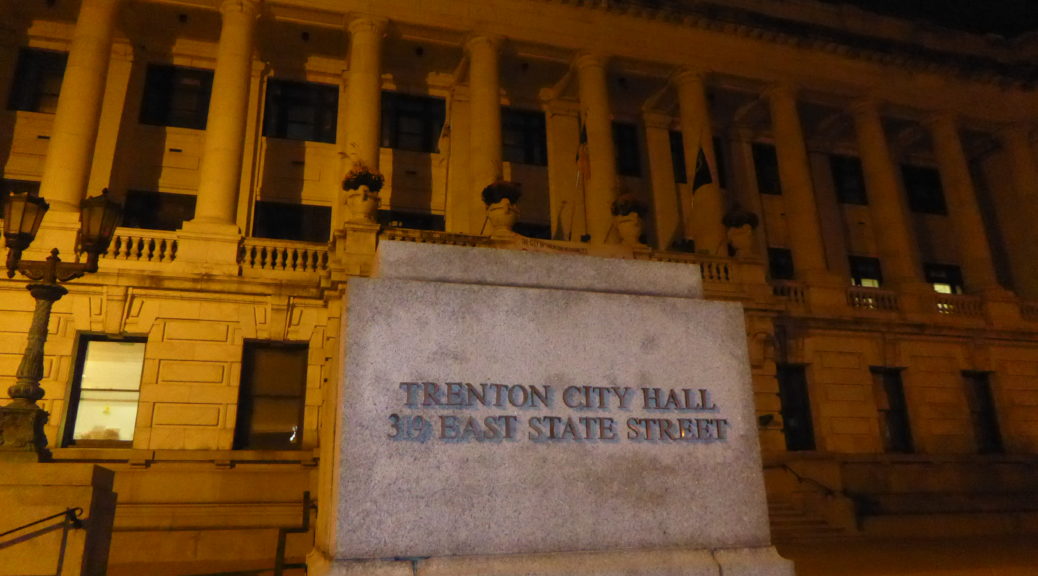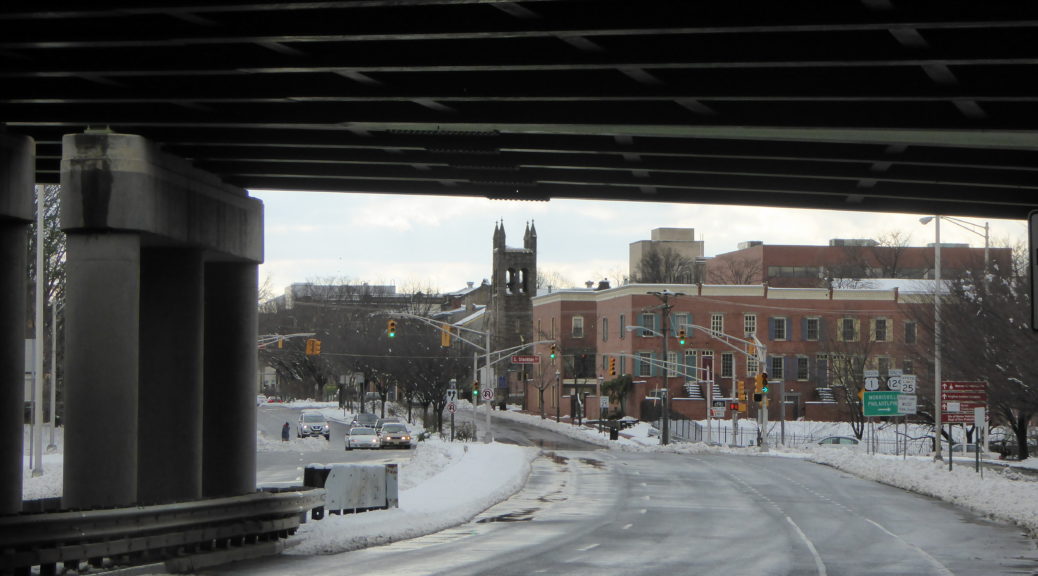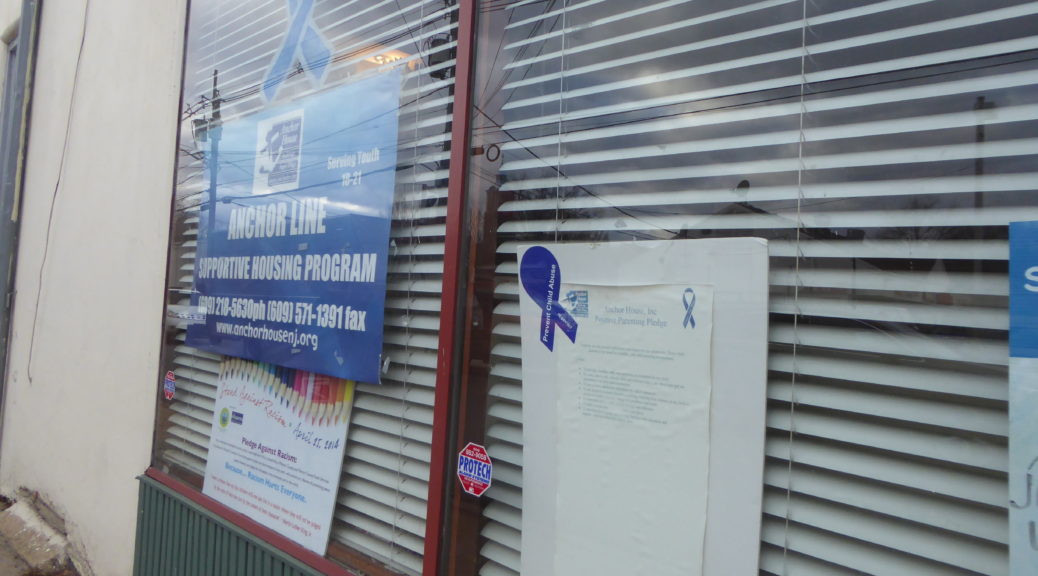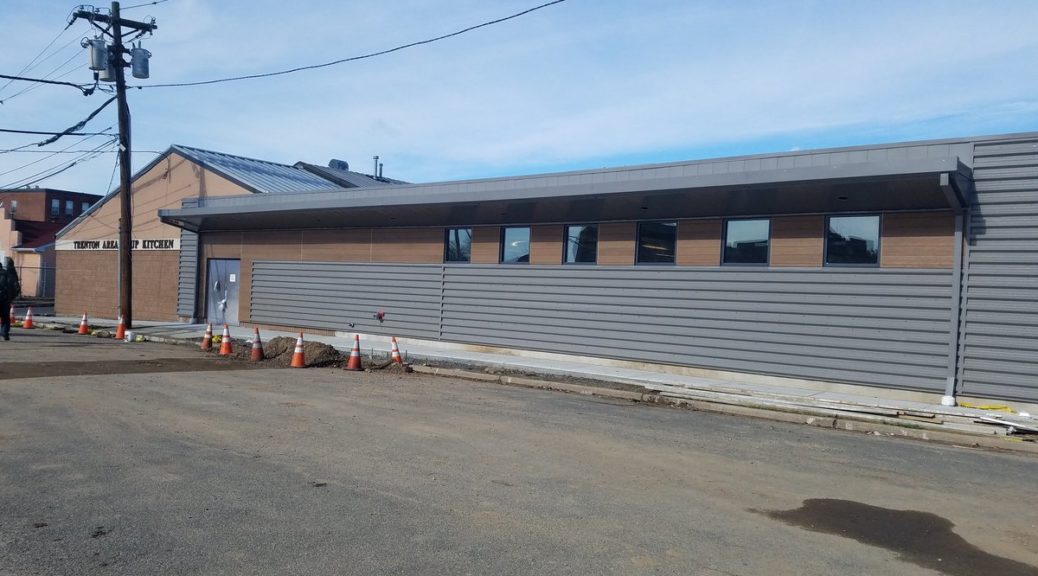Editor’s Note: Last winter, The Streetlight reported that a food pantry was in the works for The College of New Jersey. In the time since, the facility has opened its doors.

By Hannah Keyes and Brie Wells
The SHOP @ TCNJ is not the typical shopping destination for most college students, but for many, it provides resources needed to get through the week.
Located at The College of New Jersey’s (TCNJ) Campus Town in Ewing Township, The SHOP is a food pantry that provides resources to those who may be experiencing food insecurity. The SHOP offers many different resources such as canned goods, hygiene products, some clothing items, microwavable meals, bottled water, feminine care products, fruits, grains, and vegetables. The SHOP also offers vegetarian and gluten free products for those who may have other dietary concerns.
It is open not only to college students, but also to faculty and general community members who may be in need. There are no questions asked.
Alana Adams, the College Enhancement Intern for The SHOP, mentioned that “food insecurity impacts nearly 40% of college students nationwide, so there should be no shame associated with utilizing the resources your campus or community provides.”
However, there is often a negative preconceived notion surrounding the use of a food pantry and seeking help.
“We don’t know what you’re going through, but we are here to support you in the best way that we can. We want to have an experience with you. We want to provide a welcoming, comforting, inclusive, and safe environment where you are seen as a person,” emphasized AmeriCorps member and TCNJ Garden and Food Security program assistant Horacio Hernandez.
TCNJ students in Mercer County are the catalysts that brought light to the situation that many members of the community face everyday. The inception of The SHOP began when concerned students asked for referrals or file requests to provide emergency aid to those struggling to eat constantly or to find adequate housing. This need became especially apparent during extended school breaks.
“TCNJ has a Student Emergency Fund, which students can apply and receive limited funding for temporary housing or food. With the help of other organizations, the Dean of Students Office launched the SHOP in February 2019, which serves as a more long-term solution to students in need, where they can receive food and other supplies on a weekly basis,” Adams added.
The building space that The SHOP occupies was offered by the chief of TCNJ’s Campus Police and allowed for everything to officially get started.
In order to support the surrounding communities, The SHOP works in conjunction with Mercer Street Friends Food Bank, TCNJ Student and Academic Affairs, and TCNJ Campus Police. According to the Program Associate of the Adult Hunger Programs at Mercer Street Friends Food Bank, Pamela Sims Jones, “The Food Bank is here to support The SHOP with non-perishable and perishable commodities as needed so that The SHOP can continue to support the TCNJ community members who may be food insecure.”
With the aid of Mercer Street Friends Food Bank and the rest of their partners, The SHOP hopes to be able to provide resources to those who do not have access to food and to help end the stigma surrounding asking for help. In the future The SHOP not only wants to provide basic necessities but to also give additional support for various aspects of life.
Donations and offered help are always accepted and valued by The SHOP. Recently there was a Greek Life food drive competition to see which Greek organization could donate the most food to The SHOP.
There are many additions that The SHOP hopes to add services as time goes on, such as extra training for staff members, more partnerships with other organizations, the ability to provide hot meals, and the list goes on. The SHOP has a lot in store for the future.















